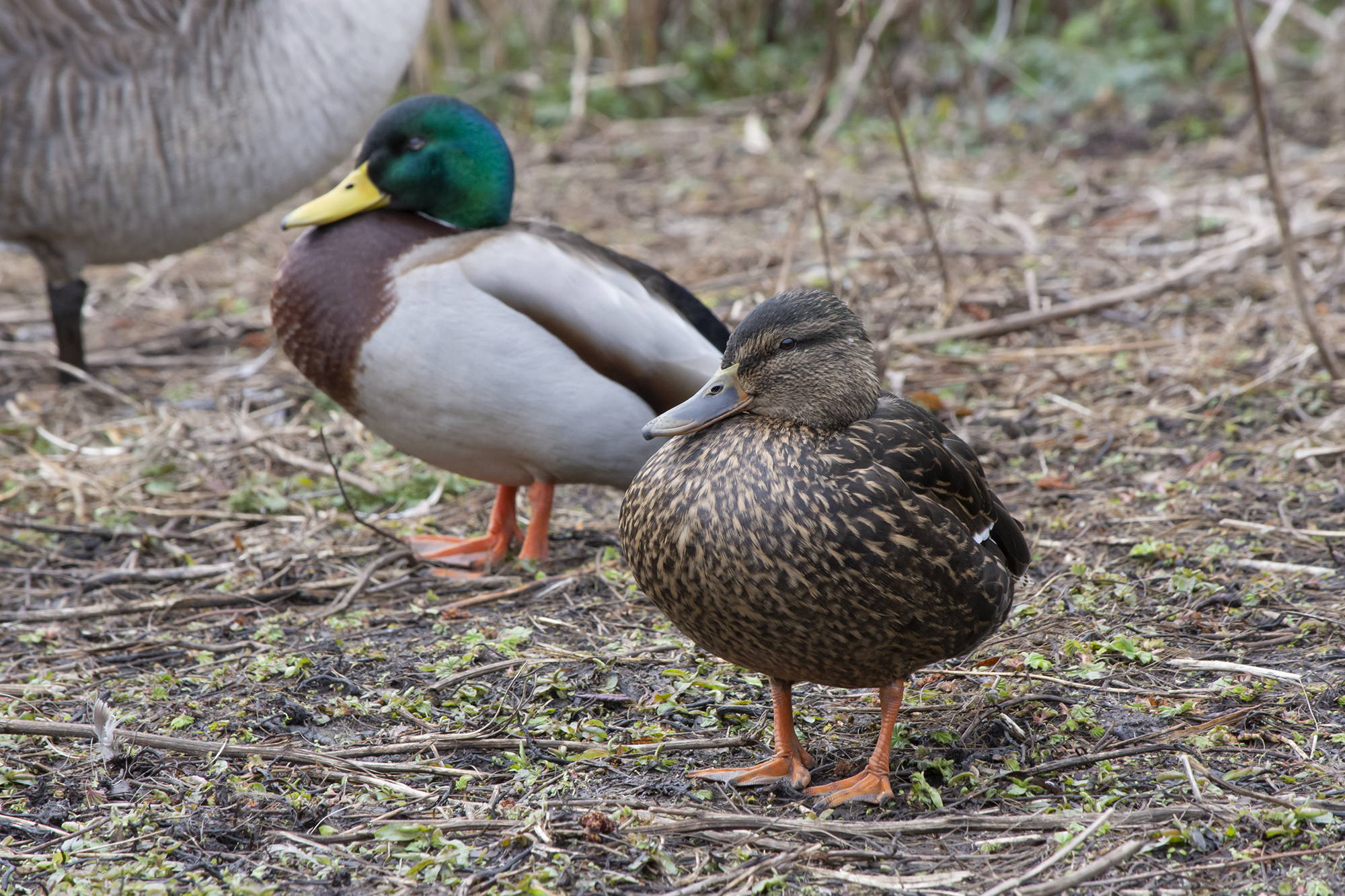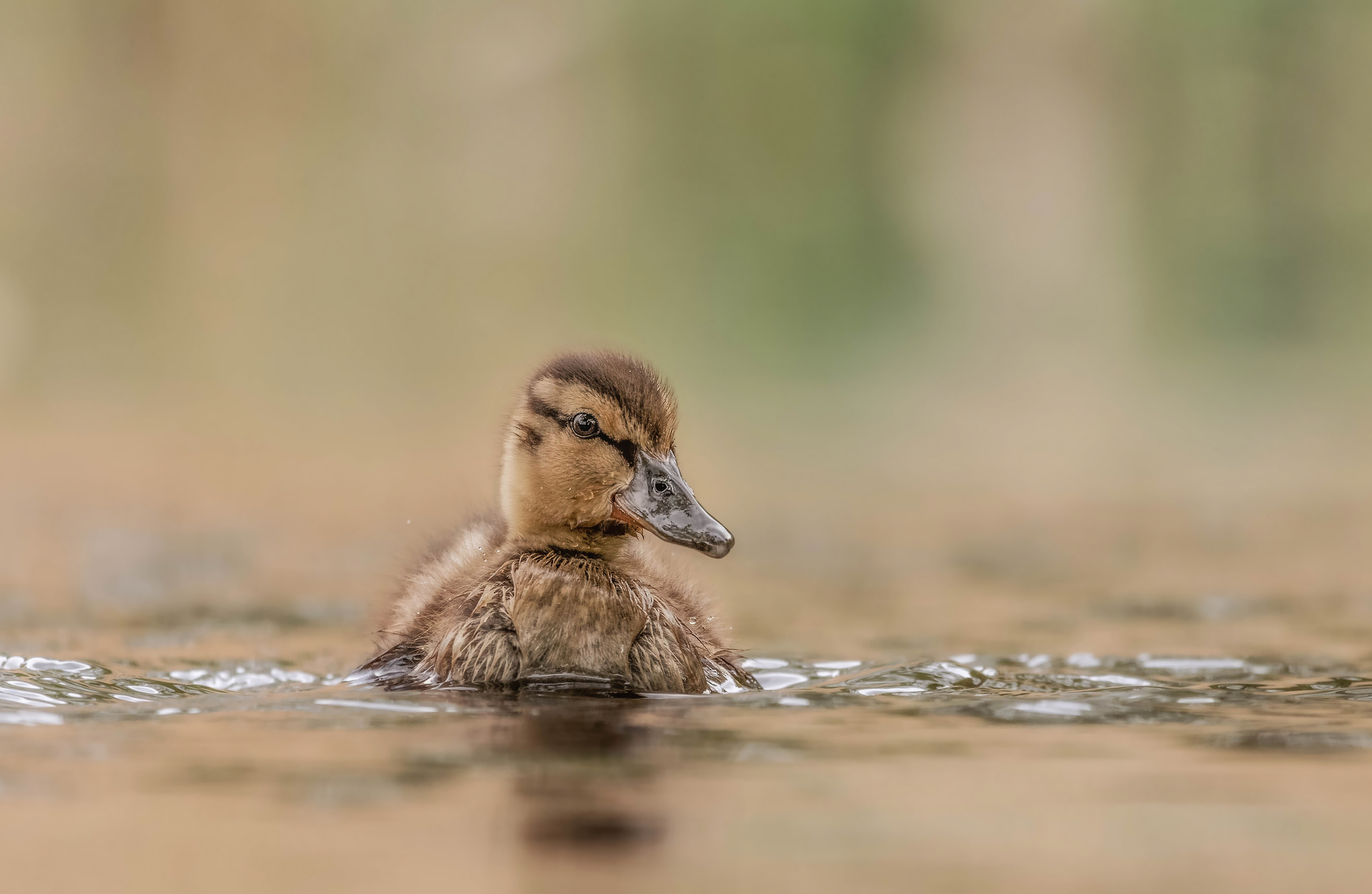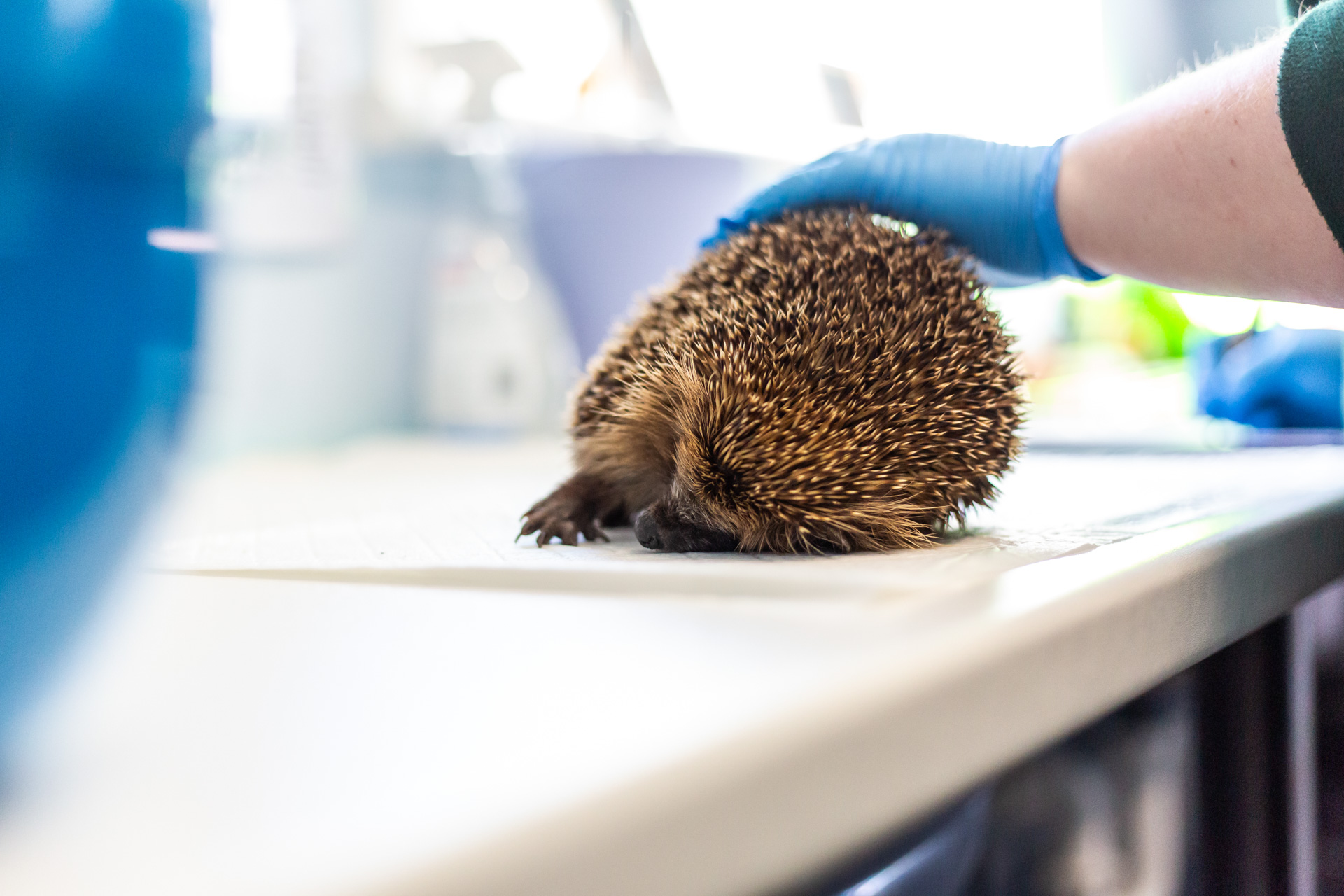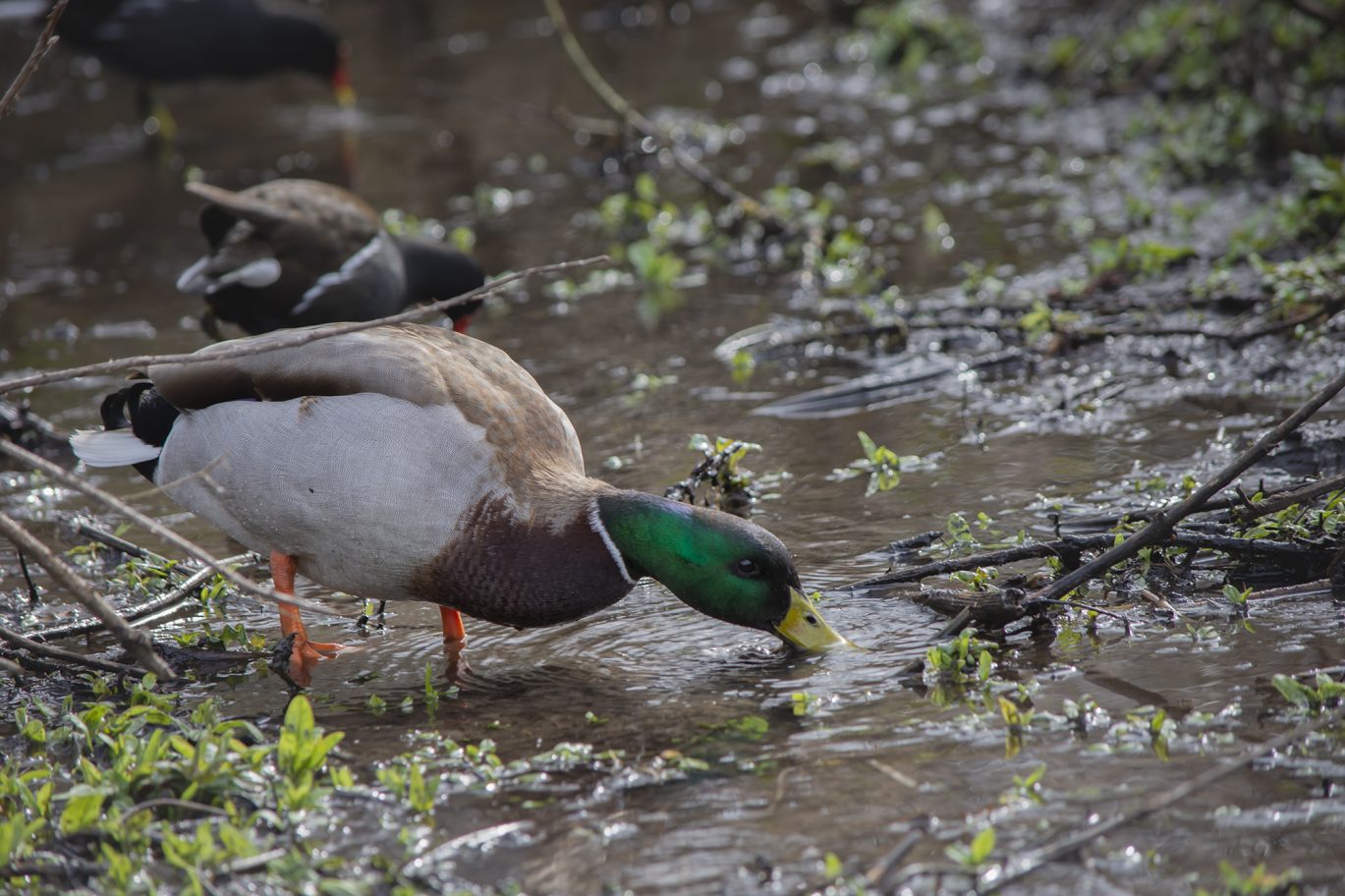
What to Feed Ducks
Everything you need to know about feeding our feathered friends.
Feeding the ducks at your local park is a great way to spend the day and usually a welcome treat for these water birds, however, being mindful of what you’re feeding them, and how often, is super important to keep them healthy and nourished.
What do ducks eat?
Just like us, ducks eat a variety of foods and must maintain a balanced diet to stay healthy. They’re omnivorous birds, meaning they eat a mix of both plants and animals. They’re also opportunistic feeders; their diet depends on where they live and the food available to them which can vary over the year. Being opportunistic, they also eat food meant for human consumption.
Usually, a duck’s dinner consists of pond weed, seeds, insects, small water snails, worms and some amphibians (such as crayfish). Aquatic plants make up a large part of their diet.
What to feed ducks
An adult mallard duck’s diet consists of 90% aquatic invertebrates. This is where they get all the protein that they need to grow effectively. But while they are not widely available, there are some safe vegetable options that will go down a treat.
Whatever your veg of choice from the below, the most important thing to remember is to make sure that you chop of slice all of it to make sure they don’t choke.
Duck-safe vegetables include:
Romain lettuce
When ripped into smaller pieces, these lettuce leaves are easy for the ducks to catch and digest.
Cabbage
Similar to lettuce, come cabbage leaves will go down a treat.
Spring greens
Chopped finely, these will add some variety to a duck’s diet.
Watercress
This tangy aquatic member of the mustard family is a favourite of these water-lovers.
Courgette
Slice them lengthways for easy and safe munching.
Broccoli
Ducks can eat both the stalks and the tops of broccoli.
Cucumber
As well as having plenty of nutrients, cucumber has the bonus of containing a large amount of water which can help keep ducks hydrated, especially on those hot summer days.
Carrots
Ideally cooked so that they’re easier to eat. And don’t forget the tops of your carrots, they’re just as good for your duck friends.
You can also feed duck some vegetables in moderation and in small amounts such as kale (binds calcium), spinach (high in oxalates), peas (high in starch) and sweetcorn (high in starch).
Can you feed ducks bread?
Contrary to popular belief, feeding ducks bread can actually be quite harmful and you should avoid doing this.
Bread is not a nutritional food for ducks as it’s deficient in amino acids, fatty acids and essential vitamins and minerals. Unlike us, ducks do not need carbohydrates to sustain them. Feeding them bread can fill them up, discouraging them from foraging for other food sources which can lead to malnutrition.
Bread also attracts flocks of other birds, causing overcrowding and droppings. Dropping can create slippery surfaces and damage habitats and waterways.
When bread is left uneaten and soggy, it can lead to a buildup of bad nutrients and mould. It also encourages rodents that carry diseases.
All in all, feeding bread to ducks can lead to a whole host of issues so it’s best to avoid doing this and instead opt for one of the nutritious foods listed above.
What should you not feed ducks?
Other than the foods we’ve discussed, most other human foods shouldn’t be given to ducks as they can be unhealthy or harmful. There are specific things to avoid, such as:
Crisps or any junk food
These foods are not nutritional and like bread, can fill up ducks’ stomachs unnecessarily. Fatty, greasy food can also cause digestive issues.
Popcorn
The kernels and hulls are hard to digest and can get lodged in their throats.
Cornflakes
Cornflakes or other cereals have little nutritional value and are often high in sugar and additives.
Citrus fruits
Fruits such as oranges, lemons and limes can be harmful to ducks, as well as other high-acid fruits like mangoes and pineapples, as they can cause digestive issues.
Spinach
This leafy veg can induce egg binding issues, affecting their calcium production.
Onions
Onions and other vegetables in this family cause diarrhoea and vomiting in ducks as well as hemolytic anemia which can often lead to respiratory illness.
Avocados
Avocados are poisonous to birds as they can cause heart failure.
Other foods such as chips, crackers and sweets can be choking hazards for ducks and mouldy food carries bacteria that can lead to illness, so it’s best to just stick to the list of safe foods we provided for a happy, healthy duck.
How to feed ducks safely
The best advice for feeding ducks is to do it rarely to avoid overfeeding them. If you feed them on a regular basis, they are more likely to eat too much. If other guests are already giving food to the ducks when you’re visiting, then don’t give them anything yourself as they could overeat.
Also, if the ducks show no interest in the food that you give them, or don’t eat it, then stop feeding them as food that is left out can go bad and attract pests. They don’t chew their food so make sure whatever you give them is in bite sized pieces.
For general safety when feeding the ducks, always supervise your children and ensure that they’re not too close to the birds or to the water’s edge. It’s important that you safely dispose of any rubbish you have as litter harms the wildlife and the environment. Lastly, do not allow your children or pets to chase or disturb the ducks, or any birds, as this can cause stress and injury to them.
We need your help
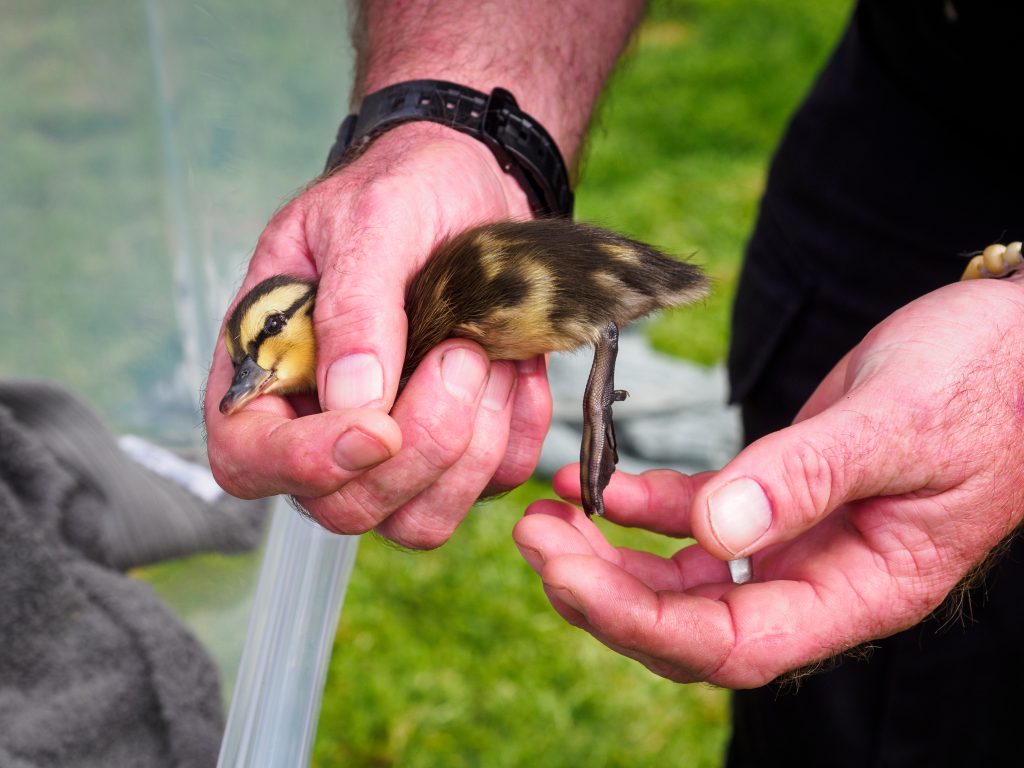
We hope this advice helps you understand what you can and can’t feed your local ducks.
Please consider giving a one-off donation today to help us continue our efforts to support and care for Scotland’s wildlife.

Together, we care for them
With your support, we can continue to care for Scotland’s animals every minute of every day. Your donation funds campaigns, research and projects to help give animals the life they deserve. Every £1 matters to all animals in our care.
